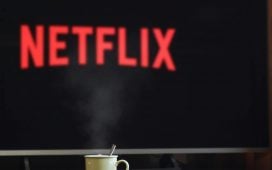Leo Burnett’s Chief Creative shares the good, the bad and the great at Cannes.
The good, the bad and the great
The good was the celebrations, definitely. It always is. Celebrating our own wins, celebrating friends from all over the world, celebrating the first-time wins of ambitious young creatives.
It’s what makes Cannes, Cannes.
With Cannes, there is never a bad. It’s the best thing on the annual calendar that we all look forward to.
If I had to, I’d say it’s the fact that we’re going to have to wait another entire trip around the sun to get back there.
The great, is the work. Brand new, fresh, bold, stunningly crafted cre
To continue reading this article you need to be registered with Campaign. Registration is free and only takes a minute. Register Now or sign in below if you already have an account.









